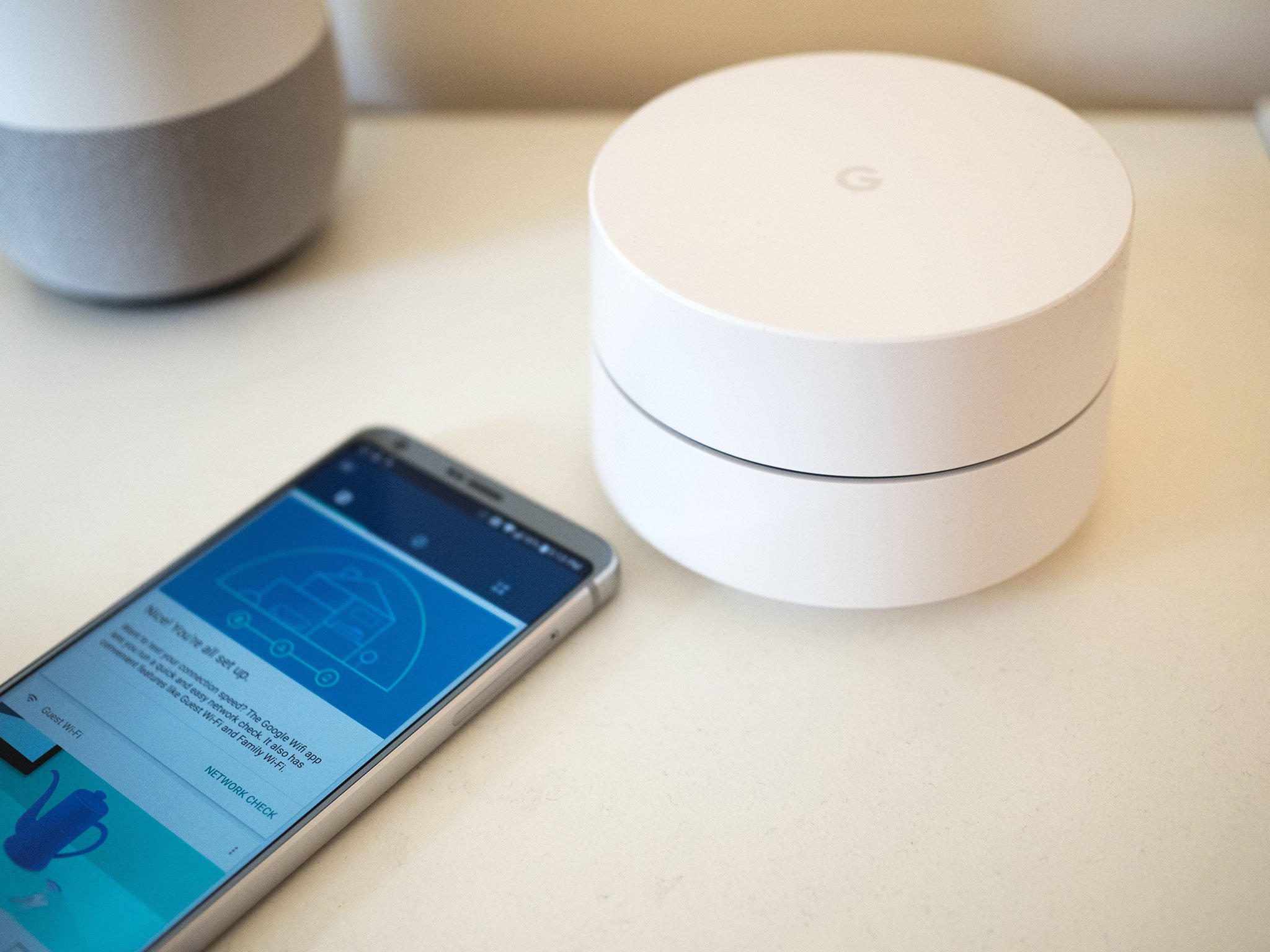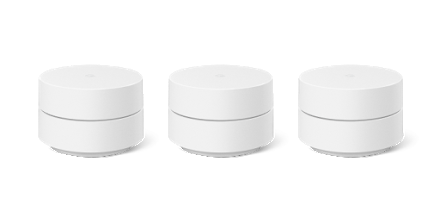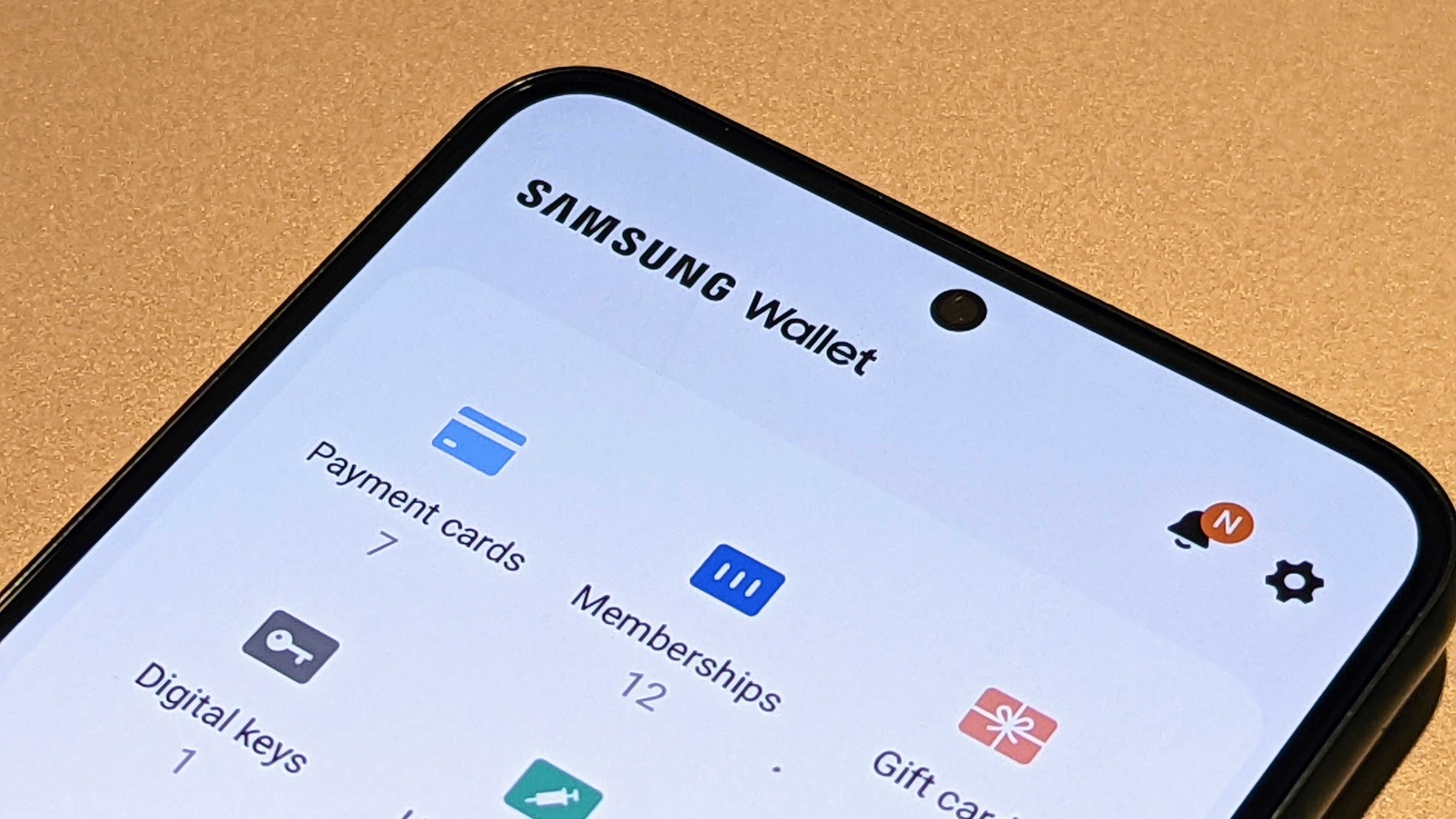Google Wifi gets a price drop and a USB-C power supply

What you need to know
- Google Wifi is now available for $99 for a single unit and $199 for three.
- The power supply now connects with a USB-C cable to match the rest of Google's lineup.
- Google Wifi has the same AC1200 speed and 1,500 sq ft of coverage.
Google's entry-level mesh system, Google Wifi has been updated with a new price and an updated power supply with a USB-C connector. As reported by The Verge, Google's original Google Wifi router has received a price drop down from $129 for a single unit to just $99. The three-pack has come down from $299 to $199. There are a couple of changes to the housing including an updated logo on top and it's now being made out of partially recycled plastic. Google states that 49% of the device's plastic is made with recycled material.
Google Wifi is still only available in white (Google calls it snow) and is limited to AC1200 speeds meaning this isn't a good fit for someone with a gigabit internet connection though MU-MIMO is supported to help keep it running smoothly even with a lot of connections. It has WPA 3 security for Wi-Fi and even has dual Ethernet ports on each Google Wifi allowing for you to connect wired devices or to add a wired connection between mesh points to improve speeds.
Compared to Google Wifi, Nest Wifi is still the fastest router available from Google with AC2200 speeds, though the speed on the Nest Wifi point is the same as Google Wifi while lacking any Ethernet support. The Nest Wifi Point is available in more colors and has a built-in smart speaker. At this price, Google Wifi is a compelling option for someone building a mesh or looking for an inexpensive way to expand an existing Google Wifi or Nest Wifi mesh.

Up to 4,500 sq ft of coverage with three nodes
Google Wifi has enough speed for most people with a great setup app, security updates, and easy mesh expansion options.
Be an expert in 5 minutes
Get the latest news from Android Central, your trusted companion in the world of Android
When Samuel is not writing about networking or 5G at Android Central, he spends most of his time researching computer components and obsessing over what CPU goes into the ultimate Windows 98 computer. It's the Pentium 3.

